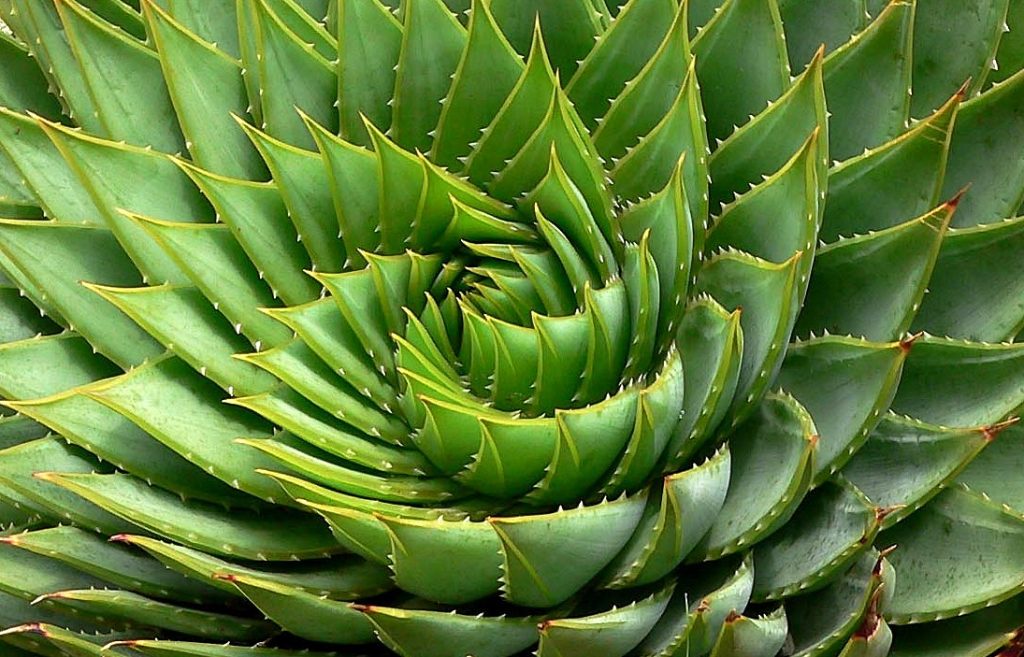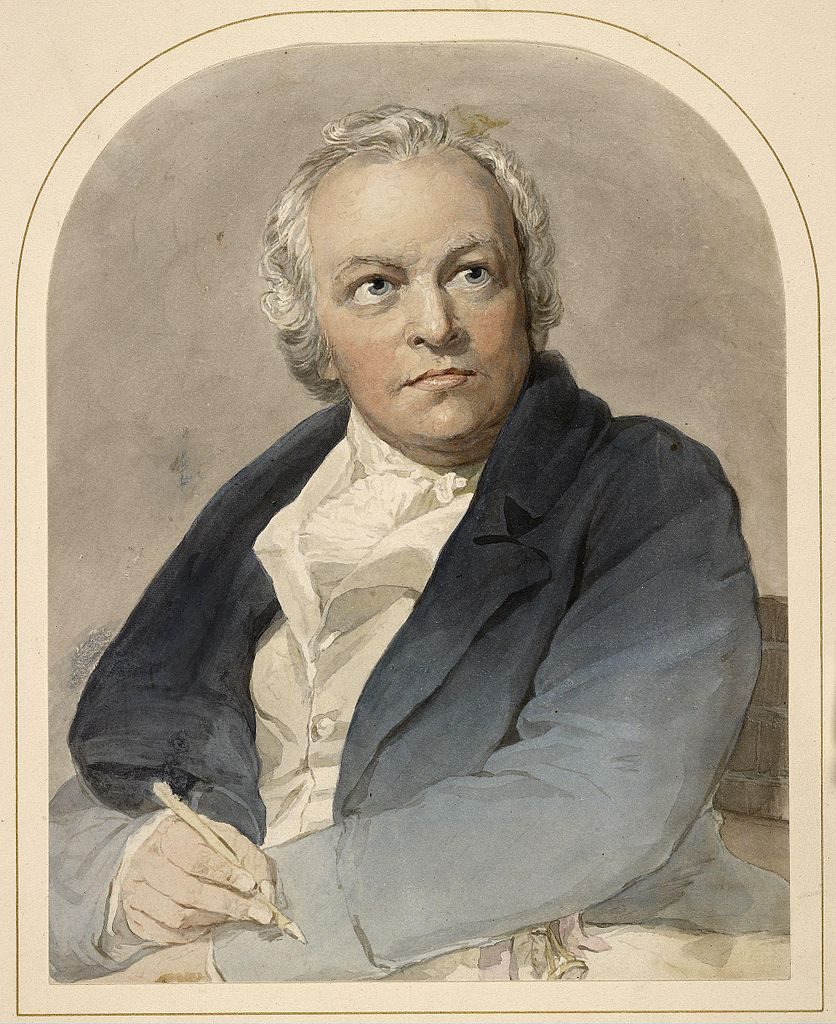“Decoding the Mathematical Secrets of Plants’ Stunning Leaves,” by Maddie Burakoff for Smithsonian.com

To the untrained eye, plants may appear to grow rather impulsively, popping out leaves at random to create one big green jumble. Take a closer look, though, and you’ll find that a few curiously regular patterns pop up all over the natural world, from the balanced symmetry of bamboo shoots to the mesmerizing spirals of succulents.
“Attention is the Beginning of Devotion,” by Franklin Foer in The Atlantic

Attention is the beginning of devotion. The idea exhilarates, but it also saddens. If the attention of humans can be so easily filched by a machine—or, more precisely, the companies that operate those machines—then it follows that the capacity for devotion is damaged along the way. Any parent who has felt the twinge of shame that comes with the belated realization that a social-media feed has taken them away from a conversation with their child knows this to be true.
“How High School Ruined Leisure,” by KJ Dell’Antonia in The New York Times

Now all that remains are the kinds of questions everyone comes to eventually: Do you still do your thing — whatever your thing is — when no one is watching? What do you do when it doesn’t matter any more?
“William Blake, Radical Abolitionist,” by Ed Simon in JSTOR Daily

Nancy Morrow writes in Early American Literature that the Enlightenment is often seen as a “philosophical movement that unequivocally advocated universal human liberty and political self-determination,” and yet the Enlightenment mainstream often advocated for inhumanity … By contrast, Blake was influenced by non-conformist religious sects from the well-known Quakers and the Baptists, to the exotic Muggletonians and Swedenborgians, which compelled him to reject slavery as an abject horror.
What has awakened your wonder in the past few weeks? Share it in the comments below!



